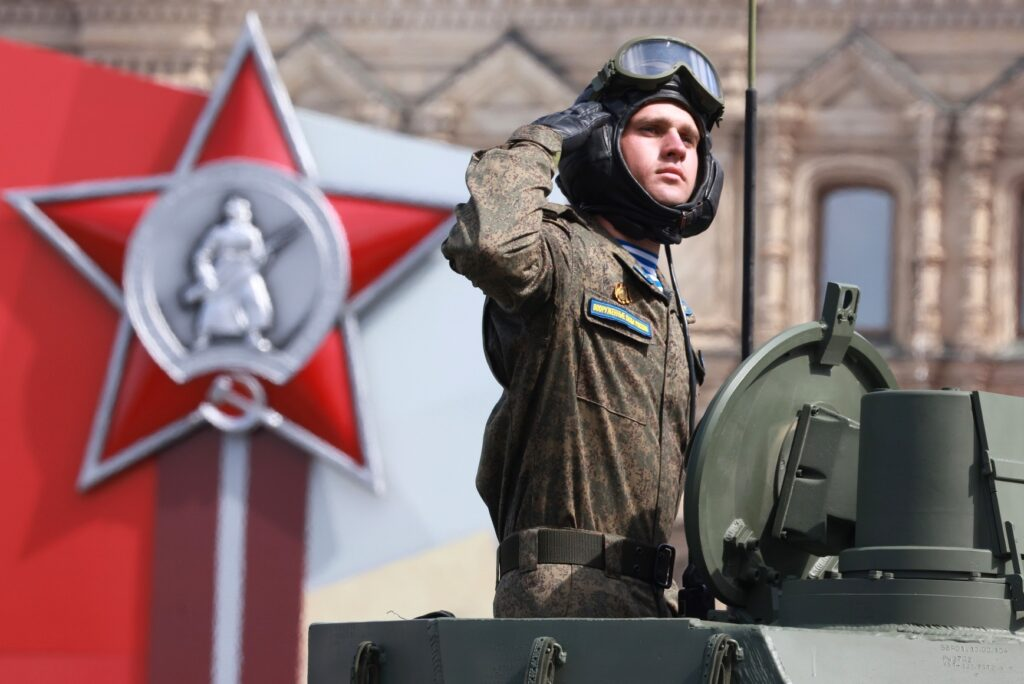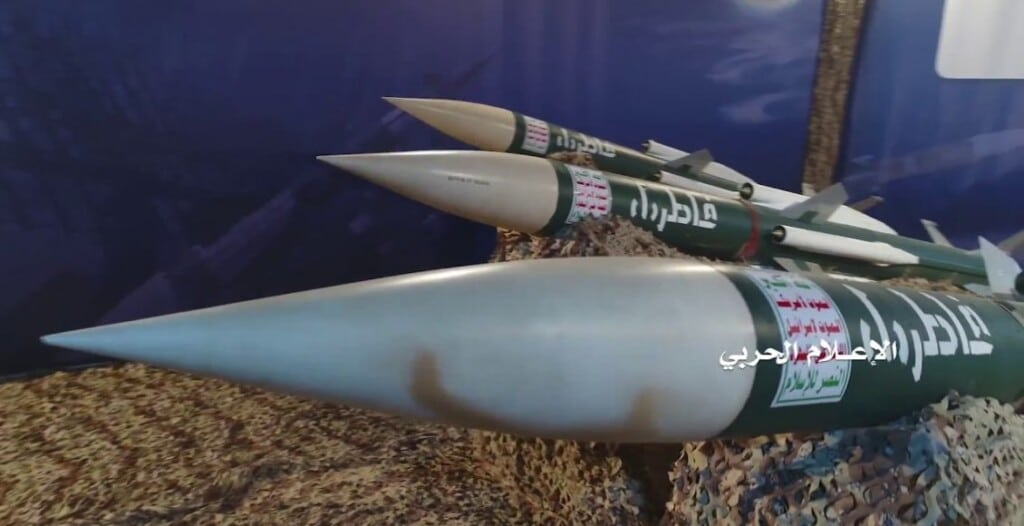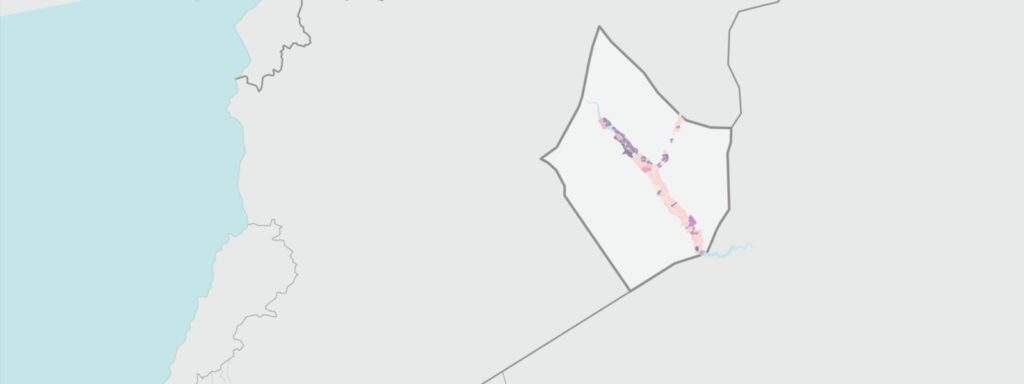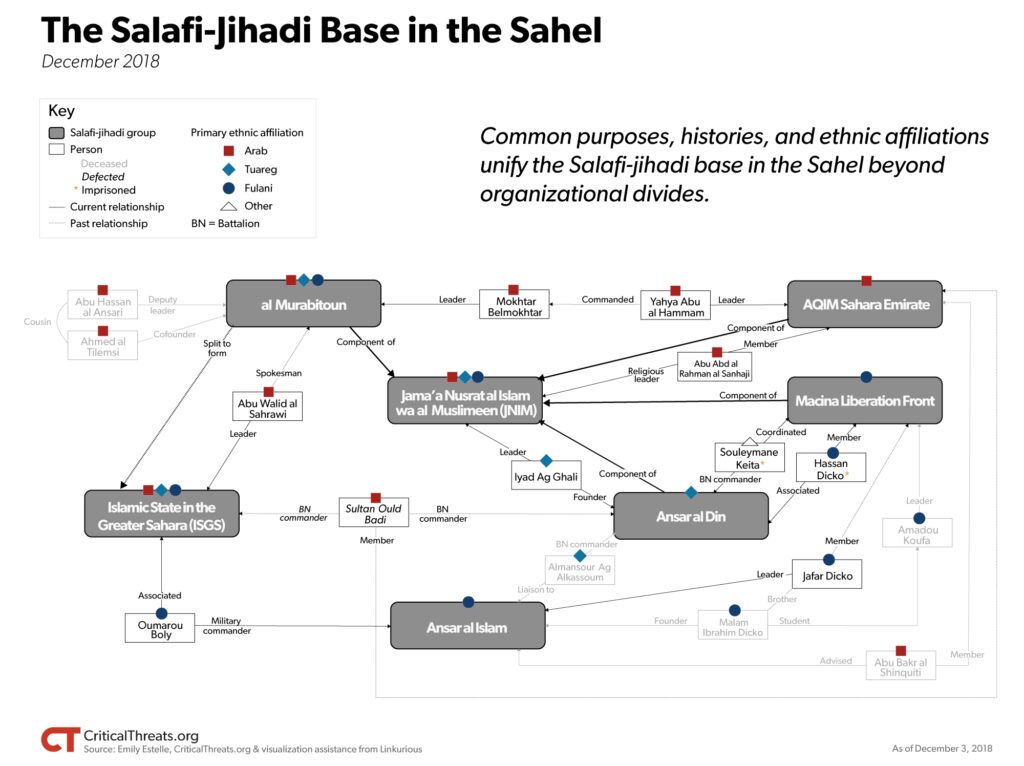Senior Iranian, Hamas, And Palestinian Islamic Jihad Officials Link Hamas Attack On Israel To Thwarting U.S.-Saudi-Israel Normalization Initiative
On October 10, 2023, three days after the Hamas attack on southern Israel, Iranian Supreme Leader Ali Khamenei set out Iran’s official position – i.e. that Iran had no hand in the attack.
However, statements by some senior Iranian officials and leaders of the Palestinian resistance groups indicate that one of the aims of the attack was to thwart the U.S.-Saudi-Israel initiative to expand Saudi-Israeli normalization, implement the Saudi solution to the Palestinian issue, and grant legitimacy to a Saudi nuclear program. This is because this joint initiative would cause strategic damage to Iran and to the resistance axis that it leads.




